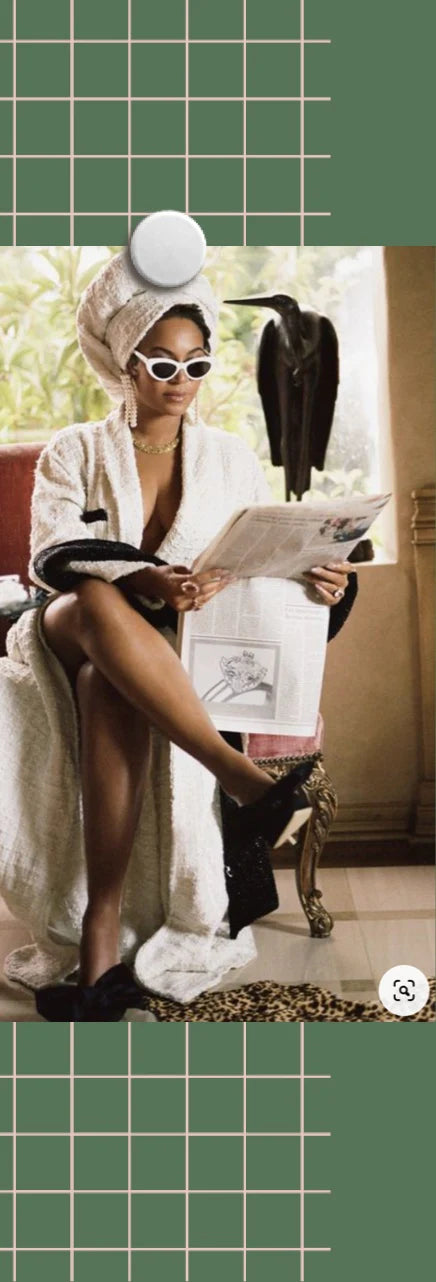







Stuff - Bridging the gender investment gap could bring billions into the economy
OPINION: It's perhaps unsurprising to hear there's a significant gender imbalance when it comes to money.
As women, not only are we paid less, have shorter careers, but we are left out of financial conversations, in particular investment opportunities that contribute to growing wealth, altogether.
Sharesies suggests boosting female involvement in investing by 50 per cent could add $11 billion to New Zealand markets. This capital offers vast potential for the financial sector. Still, it should also come as a warning bell for women – as underleveraged capital could be the reason more can't start businesses, reduce debt, or worse still, retire securely.
Part of the problem is the lack of equal representation across financial sectors, something I have experienced firsthand. Despite seeing an almost 50/50 gender split while studying finance at university, I have consistently been the only female in the room during the decade I've worked in funds management.
According to a study by the University of Otago, just 23.5 per cent of financial advising professionals are women.
This unequal gender makeup of the financial industry has perpetuated some of the myths surrounding women and money - including that we aren't good with finances, find investing too risky, and need more financial education and support than men.
It's not just the lack of representation; a primary reason women aren't investing is all the culturally charged issues. Many women have shorter careers due to breaks for maternity leave, which then impacts both income, savings, and amassing KiwiSaver. Also, traditionally, women tend to focus more on life and family goals achieved with money (like providing a comfortable home) rather than generating wealth and financial freedom as the end goal itself.
The irony is that despite all of these things leading to women investing less, there's evidence that when we do invest, we're better at it.
Women often make well-researched, sound investments.
International academic research found that women outperform men by up to 1 per cent a year, which can be a lot in investing terms. The difference might seem negligible, but it can become significant over the long term. Let's take a $20,000 investment over 20 years with a yearly return of 8 per cent for women and 7 per cent for men. While women would get nearly $100,000 after two decades, men would end up with around $19,000 less, as their returns would reach $81,000.
In my experience, women are prone to making more well-researched, sound investments while men tend to chase performance, making impulsive decisions driven by the goal to outperform the market.
By and large, being good at investing isn't about intensive research on stocks or having a good gut instinct. Being disciplined is by far the most critical trait to build wealth in the long term. Having a financial plan and sticking to it is a far more successful road to wealth than attempting to time the market, ie, selling before a crash or buying before a peak.
Here's another thing to keep in mind - no one knows what will happen, and those who think they do often get themselves into trouble. Investments go up and down, so don't panic, but equally don't get overconfident.
While investing may seem like a big mountain to climb, the sooner you take the first steps, the sooner you reach the top. Here are three tips to get you started:
-
Make sure you are in the suitable KiwiSaver Fund for you; this can make a massive difference to your wealth creation. And make sure you are getting your full government contribution each year by contributing $1042 annually. Don't miss out on this free money!
-
When starting your investing journey, invest in what you know. The best way to find investment ideas is to think about what products/services you use. Because the majority of the time, if you like it, so will other people. Get into the investing mindset of seeing what products are flying off the shelves, what services people are suddenly using, etc.
-
Talk to other women and start broadening those investing conversations. That is what we are trying to do at The Curve. The more women talk about investing, the less of a barrier there is. Don't be afraid to ask questions but also don't expect to be an expert on Day 1. It will take time - but the most important thing is to start!



